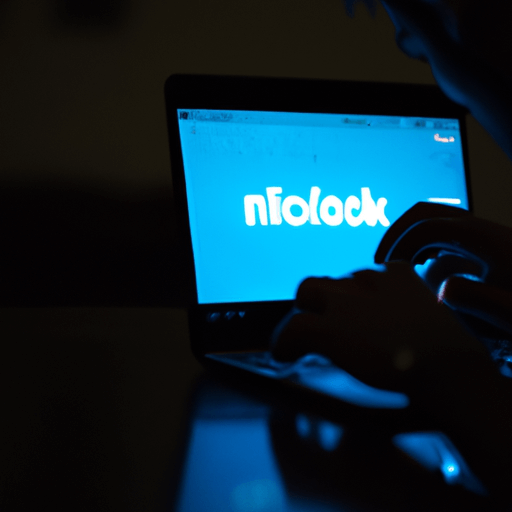Exploring How Social Media is Impacting the Way We Write and Consume Literature
As the digital age continues to evolve, social media has become a powerful force in our everyday lives. It has impacted the way we communicate, and it has also had a profound effect on the ways we read, write, and analyze literature. In this article, we will explore how our changing methods of communication have influenced the way we engage with literature, both in our everyday lives and in the classroom. We will also examine the ways that social media has changed the way authors create works of literature, and how readers are engaging with stories in a different way.
The Impact of Social Media on Authors and Writers
Social media has changed the way that authors create works of literature. Before, authors had to rely on traditional methods of distribution, such as book publishers, to get their work out into the world. Now, authors can use social media to promote their work, build an audience, and find an audience for their work. This has allowed authors to reach a wider audience than ever before. It has also allowed authors to interact directly with their readers, which can be a powerful tool for building relationships and engaging with readers.
Social media has also empowered authors to create more interactive works of literature. For example, authors can create interactive stories that allow readers to make choices that will shape the story. This type of interactive storytelling has allowed authors to create more immersive and engaging experiences for their readers.
The Impact of Social Media on Readers
Social media has had a major impact on the way that readers engage with literature. For example, readers can now follow authors on social media, which allows them to stay up to date with the latest releases and engage with authors directly. Social media also makes it easier for readers to find and share their favorite books with others. This has allowed readers to connect with other readers who share similar interests, which has created powerful online communities of book lovers.
Social media has also changed the way that readers consume literature. Before, readers relied on physical books to read stories. Now, readers can access stories on their phones and tablets, which makes it easier to read on the go. This has allowed readers to access stories at any time, from any place.
Pros and Cons of the Shift
The shift to digital literature and social media has had both positive and negative impacts. On the one hand, it has made literature more accessible to a wider audience. It has also allowed authors to create more interactive works of literature and engage with their readers in a more direct way. On the other hand, it has led to a decrease in physical book sales, as readers rely on digital versions of books instead. It has also made it easier for readers to access books for free, which has had a negative impact on the publishing industry.
The Future of Writing and Literature
It is impossible to predict exactly how the shift to digital literature and social media will shape the future of writing and literature. However, it is likely that this shift will continue to impact the way we read, write, and analyze literature. Authors will continue to find new ways to interact with their readers, and readers will continue to find new ways to access and share stories. The possibilities are endless, and we can only wait to see how this shift will shape the future of writing and literature.

















Comments
Leave a Comment